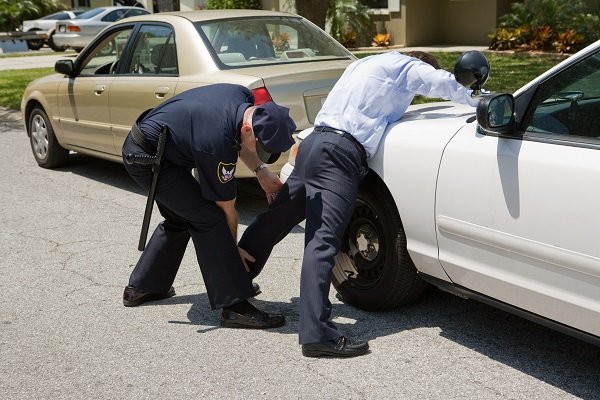Your Legal Actions if you are Injured during an Interaction with Law Enforcement
 Police officers sometimes need to use physical force to restrain and subdue an individual suspected of committing a criminal offense. This can include tasering, handcuffing, and using other forms of physical force deemed necessary to keep the suspect of harming him- or herself or others.
Police officers sometimes need to use physical force to restrain and subdue an individual suspected of committing a criminal offense. This can include tasering, handcuffing, and using other forms of physical force deemed necessary to keep the suspect of harming him- or herself or others.
Officers can use reasonable force, the keyword here being “reasonable.” When unreasonable force results in an injury to a suspect, the suspect can seek compensation for his or her resulting damages, such as medical bills and intangible expenses related to the mental trauma of being manhandled by police.
Filing a Police Misconduct Claim
Using excessive force on a suspect during an interaction is a violation of the suspect’s civil rights. Filing a police misconduct claim is not the same as filing a criminal charge against an officer. Although an individual who suffers from police brutality can file a battery or other charge against an office, physical misconduct is generally charged as a civil police misconduct charge. Under Title 42 United States Code 1983, officers are civilly liable for any damages they inflict on victims.
Using a Personal Injury Claim to Seek Compensation for Civil Damages
In Florida, victims of police misconduct have three years to file personal injury claims against the government agencies responsible for their injuries. With a personal injury claim, an individual officer is not liable for a victim’s damages; the police department for which he or she works, whether that is the state police or a local police department, is liable. In a wrongful death case, the victim’s loved ones have two years to file their claim.
If a police misconduct victim is currently incarcerated, he or she must must give written notice of his or her intent to file a claim within one year of the incident. The victim has three years from the date of the incident to file his or her claim.
Supporting your Claim Requires Evidence
Like any other personal injury claim, a police brutality victim must provide evidence to support his or her claim. This can include:
- Video surveillance from an officer’s body camera or CCTV that captured the incident;
- Testimonies from witnesses of the altercation;
- Photographs of the incident and the victim’s resulting injury;
- Testimony from the victim’s doctor discussing his or her injuries and their prognoses; and
- A copy of the victim’s police misconduct report.
Your lawyer can guide you through interactions with police following an arrest and government agencies in the days and weeks that follow.
Draper Law Office can Help you Seek Compensation for the Damages you Suffered
You can file a personal injury claim to seek compensation for damages resulting from an injury you did not cause, which is the case if you were physically mishandled by a law enforcement office. Contact our team at Draper Law Office today online or at 866-767-4711 to schedule your free, no-obligation consultation with us.






